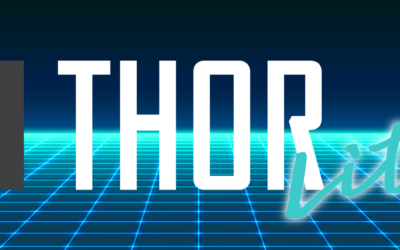We are proud to announce the release of THOR Lite. It is a trimmed-down version of THOR v10 with a reduced feature set and the open source signature base used in LOKI and the now obsolete scanner SPARK Core. It uses the completely rewritten code base of THOR v10...
STIXv2 Support in SPARK
SPARK Version 1.17.0 adds extensive STIXv2 support.This allows you to easily extend SPARK's signature bases with IOCs from any sandbox, analysis or threat intel platforms that support STIXv2 export by placing the exported [cci]*.json[/cci] files in the...
New Feature: THOR-util and SPARK-Core-util Signature Encryption
The new THOR-util version 1.2.4 supports the encryption of your custom signatures so that you can deploy your own IOC files and YARA rules in an encrypted form. We use a public key in the utilities to encrypt the files for our scanners so that admins, Antivirus...
SPARK uses Sigma Rules in Eventlog Scan
Sigma is a rule format for threat detection in log files. It is for log data what "Snort rules" are for network traffic or "YARA signatures" are for file data. It is easy to write and read. Writing a Sigma rule is a matter of minutes. On the right you can see a simple...
THOR-Util with HTML Report Generation
The new version of "thor-util" (used with THOR/SPARK) / "spark-core-util" (used with SPARK Core) support a feature that allows a user to convert any scanner log file into a convenient report. Convert THOR / SPARK / SPARK Core scan logs into HTML reports Convert a...
